Forschungszentrum Jülich
Theoretical Quantum Technology Research Group
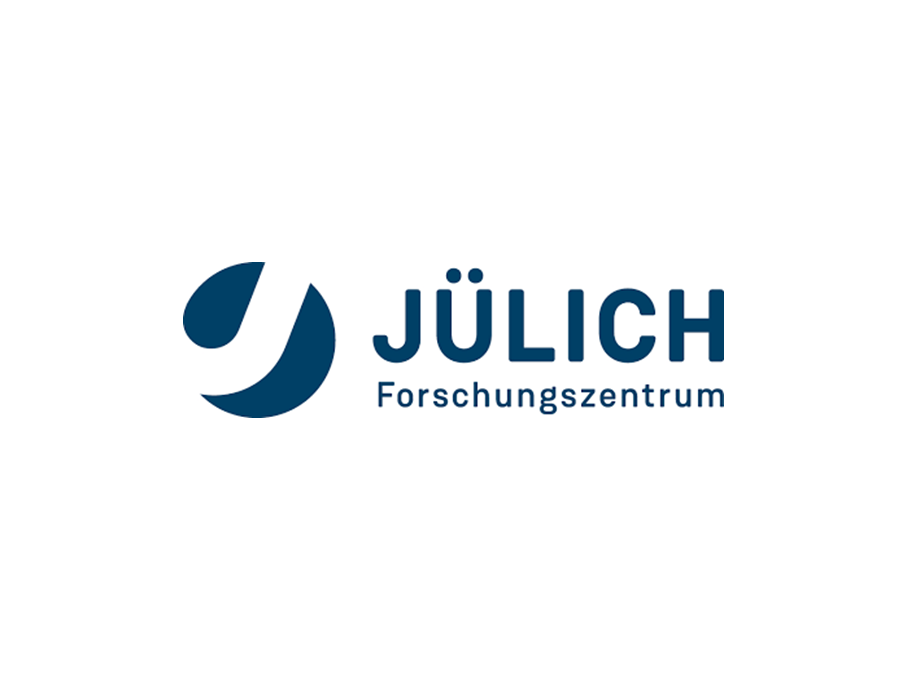
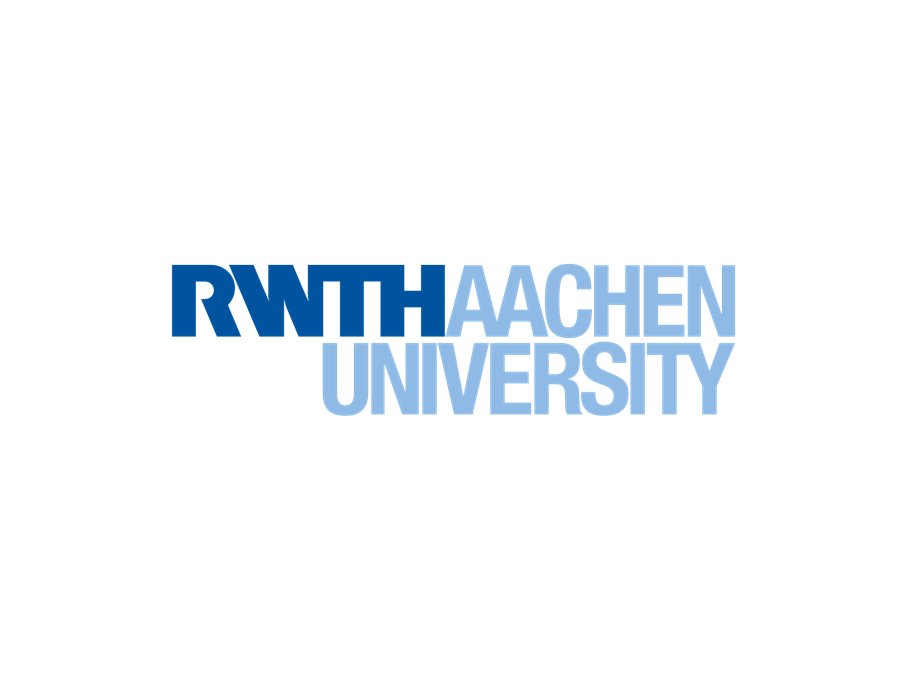
Role in the consortium
In the MUNIQC-Atoms consortium, our group will focus on developing new schemes for fault-tolerant error correction, which are tailormade for the platforms developed by our experimental partners. These protocols will thereby directly support the first realisation of robust and error-corrected logical qubits in neutral-atom quantum processors. On the other hand, we will identify and explore viable routes for scalable fault-tolerant quantum computing with neutral atoms.
What are the goals?
- Develop novel error correction strategies and efficient decoders
- Realise theory studies and propose new schemes for scalable fault-tolerant Rydberg atom quantum computing
- Explore novel many-body physics phenomena in this emergent quantum technology platform.
How do we plan to achieve that?
We will build on our strong expertise in the area of quantum error correction, at the interface between theory and experiment, and focus on most modern approaches to quantum fault tolerance, such as the recently proposed flag-qubit based paradigm of fault-tolerant quantum circuit constructions, most promising error correction codes such topological surface or color code or recently proposed quantum LDPC codes. This will be complemented by careful microscopic quantum-optical modelling of the neutral-atom quantum processor, with regard to its unique capabilities as well as physical constraints, to optimally harness the potential for fast and high-performance quantum error correction and computation.
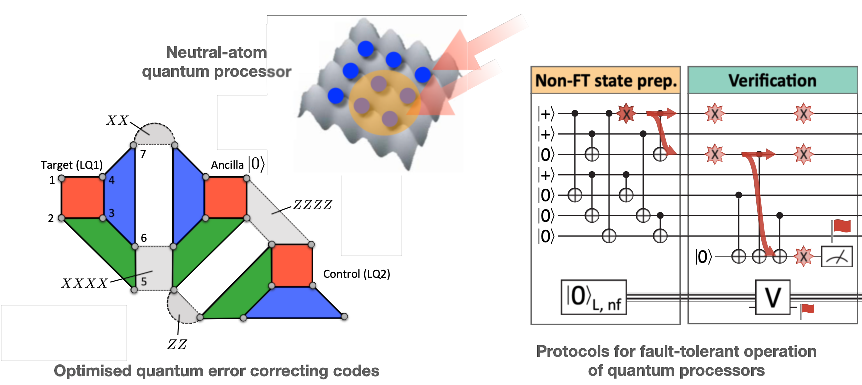
Optimised quantum error correcting codes

Protocols for fault-tolerant operations of quantum processor's
Open positions
If you are excited about quantum computing with neutral atoms and would like to develop modern approaches to fault-tolerant quantum computation with this exciting platform – join us! We are hiring:
- Outstanding and motivated theoretical Postdoctoral researchers and PhD students with a strong background in theoretical physics, quantum information, quantum optics, atomic physics, computer science or related fields.
We currently offer positions with focus on different areas, including:
- Quantum optical modelling and design of novel quantum gates and error correction protocols and building blocks for the neutral Rydberg-atom based processor.
- Development of scalable decoders and error correcting codes, using modern machine learning techniques, and with a focus on the unique opportunities offered by MUNIQC-Atoms platform.
- Exploration of new strongly correlated many-body physics emergent in this platforms, such as non-equilibrium many-body dynamics and digital quantum simulation of lattice gauge theories.
You will work in an international team of highly skilled quantum scientists, in a vibrant international research environment.
Here you can find more information about the job opportunities, and here an overview of our group and its research activities.
Team
Our team in the Theoretical Quantum Technology Group has extensive expertise in quantum computation and simulation, with a strong focus on atomic, molecular and optical (AMO) systems. One main focus of our research lies in the area of quantum error correction, and on the development of scalable and experimentally feasible protocols for fault-tolerant quantum error correction and quantum computing.
Over the past years, we have developed implementation proposals [1,2], including for neutral Rydberg-atom processors, and demonstrated in collaboration with leading experimental groups, several key elements of quantum error correction, such as the first universal and fault-tolerant set of logical gate operations [3], deterministic correction of the loss of qubits [4] and first repeated quantum error correction cycles with a topological surface code [5].
[1] M. Müller, et al., Mesoscopic Rydberg Gate based on Electromagnetically Induced Transparency, Phys. Rev. Lett. 102, 170502 (2009).
[2] H. Weimer et al., A Rydberg Quantum Simulator, Nature Phys. 6, 382 (2010)
[3] L. Postler etl al., Demonstration of fault-tolerant universal quantum gate operations, Nature 605, 675 (2022)
[4] R. Stricker et al., Deterministic correction of qubit loss, Nature 585, 207 (2020)
[5] S. Krinner et al., Realizing Repeated Quantum Error Correction in a Distance-Three Surface Code, Nature 605, 669 (2022)
Prof. Dr. Markus Müller
Principal investigator

Markus Müller is professor at the Institute for Quantum Information at RWTH Aachen University and the Peter-Grünberg Institute at Forschungszentrum Jülich. He is working in quantum information processing and quantum simulation of many-body quantum physics, with a main focus on topological quantum computing and error correction. Markus enjoys working at the interface between theory and experiment, and in particular bridging the gap between theoretical models and experimental implementations.
Dr. Manuel Rispler
Postdoctoral researcher
Manuel has several years of research experience in quantum information theory, in particular quantum error correction with a variety of physical platforms. He is working on decoders and modelling and analysis of the potential of quantum error codes for quantum circuit noise and using mappings to classical statistical physics models.
David Locher
Doctoral Candidate
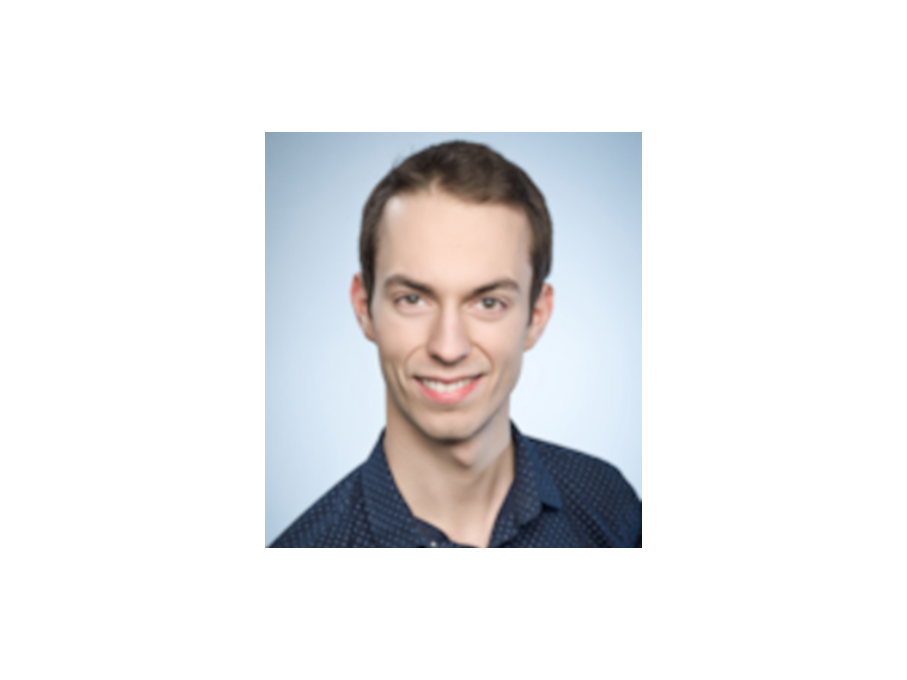
David brings in experience in quantum error correction with quantum neural networks, which he explored in his master thesis. He is currently working on theoretical modelling of the Rydberg atom quantum processor and the development of new quantum gate schemes and protocols for quantum error correction for this platform.
Josias Old
Doctoral Candidate
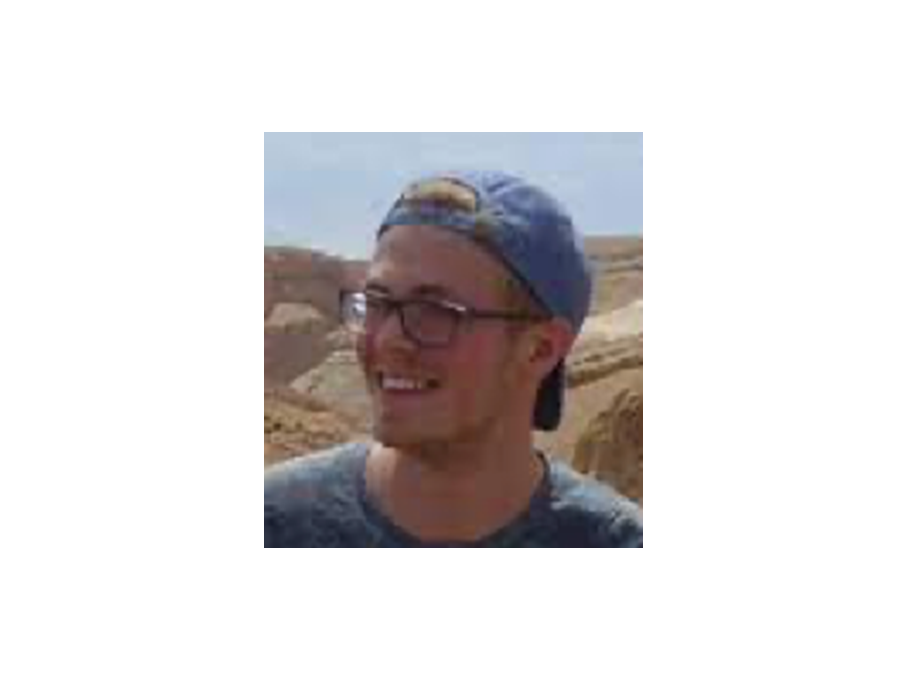
Josias has experience in developing decoders for quantum error correction, in particular in adapted believe propagation (BP) decoding for topological quantum codes. He is currently developing and exploring new quantum LDPC codes, suitable decoders, and their suitability for implementation in the MUNQC-ATOMS platform.
Contact persons
Scientific questions and open positions:
Prof. Dr. Markus Müller markus.mueller(at)fz-juelich.de
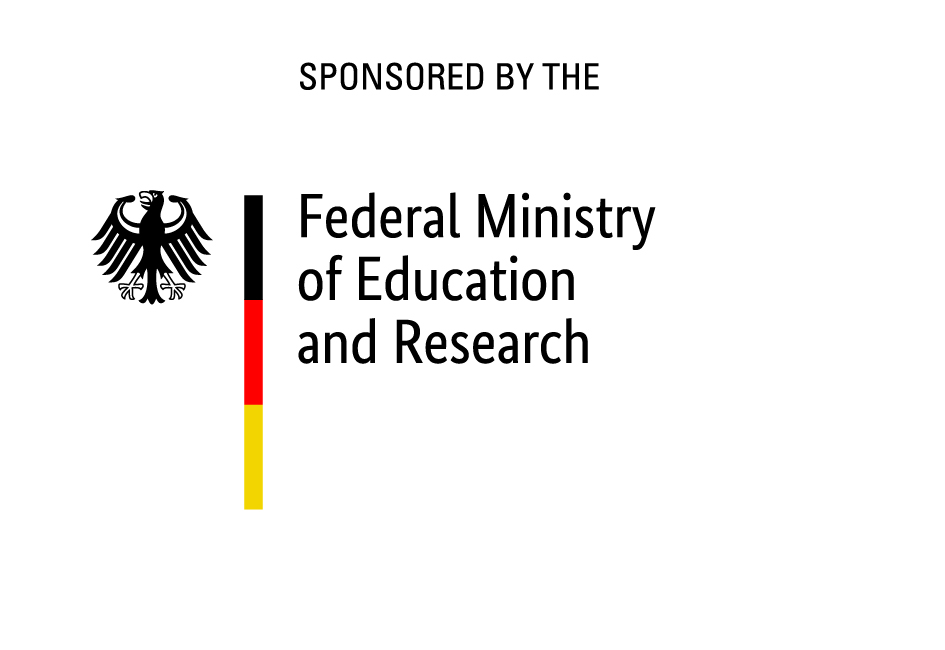
Funding acknowledgement
Sponsored by the Federal Ministry of Education and Research, grant number 13N16081